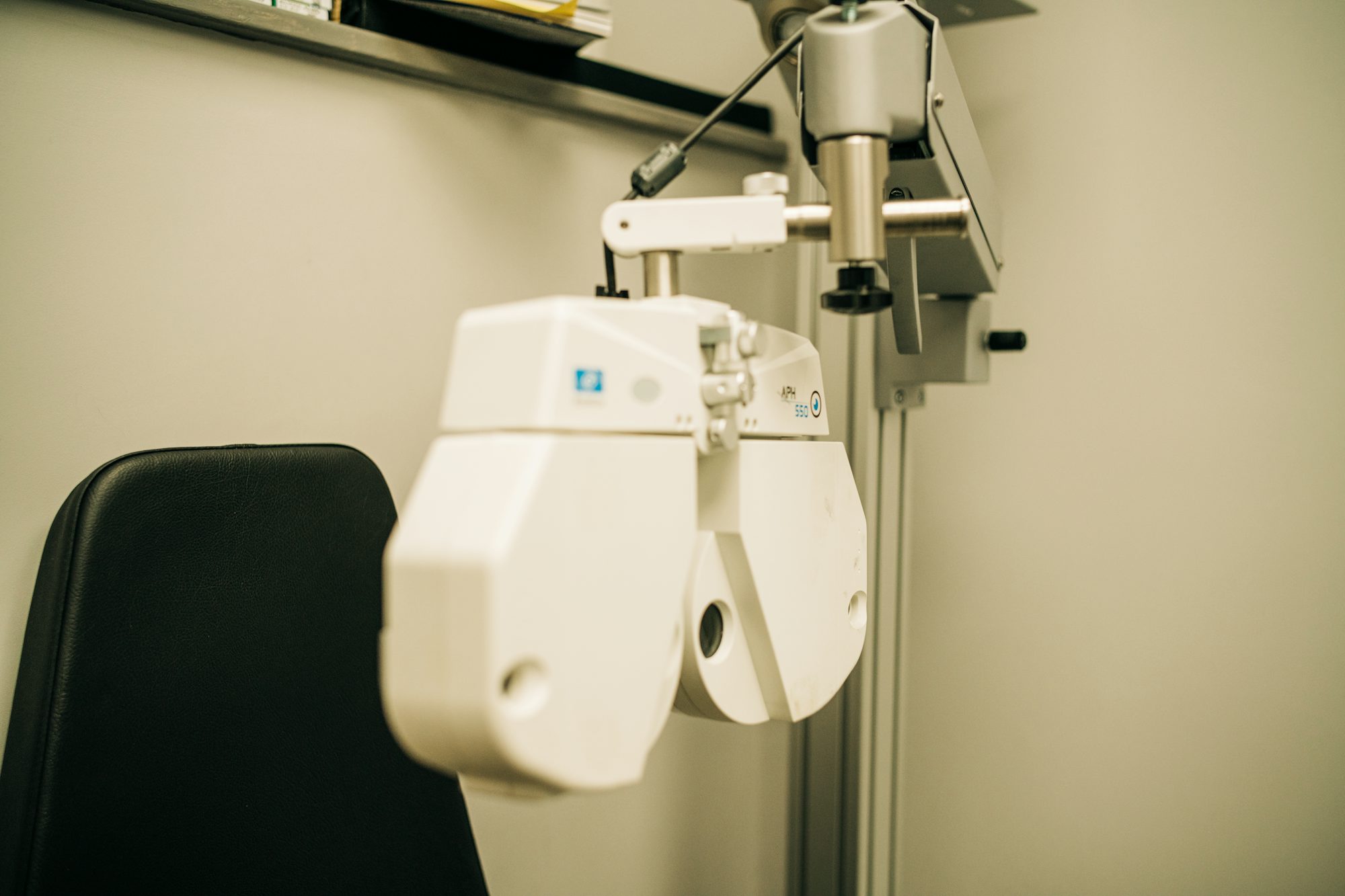Women’s health clinics have long been a cornerstone of healthcare services, providing women with specialized care tailored to their unique physiological needs. From adolescence through pregnancy and menopause, women’s health clinics offer a variety of services designed to address the diverse healthcare needs that women face at different stages of life. These clinics not only focus on reproductive health but also provide vital preventive care, screening, and wellness support.
As healthcare continues to evolve, women’s health clinics are increasingly seen as a vital resource in improving overall health outcomes for women. They offer a safe, supportive environment where women can receive personalized care that addresses their specific concerns, helping them make informed decisions about their health. This article explores the critical role of women’s health clinics in modern healthcare, the services they offer, and why they are an essential part of the healthcare system.
1. The Unique Health Needs of Women
Women’s health is inherently complex, shaped by hormonal changes, reproductive health, and a range of other factors that differ significantly from those of men. These factors make women’s health unique and require specialized care. Throughout a woman’s life, from puberty to menopause, her body undergoes a series of changes that can impact her health in various ways.
For instance, during puberty, women experience significant hormonal fluctuations that can affect their physical and emotional well-being. These changes can lead to conditions like irregular menstrual cycles, acne, and mood swings, all of which require specialized care and attention. Women also face unique risks and challenges related to reproduction, from family planning and contraception to pregnancy, childbirth, and menopause.
Given these factors, it is clear that women’s health care requires a specialized approach. Women’s health clinics are designed to meet these needs, offering a wide range of services tailored to women at every stage of life. The personalized care provided by these clinics ensures that women receive the attention and support they need to maintain their health and well-being.
2. Key Services Offered by Women’s Health Clinics
Women’s health clinics provide a wide array of services, each aimed at addressing the specific health concerns that women face. These services range from routine check-ups to specialized treatments, all designed to keep women healthy and informed about their well-being. Below are some of the core services that women’s health clinics offer:
Gynecological Care
Gynecological services form the backbone of most women’s health clinics. These services include routine gynecological exams, Pap smears, breast exams, and screenings for sexually transmitted infections (STIs). Regular gynecological check-ups are essential for women, as they help detect potential health issues early on, allowing for timely interventions.
Gynecologists at these clinics are trained to provide comprehensive care for women’s reproductive health, addressing everything from menstrual problems to menopause-related symptoms. Women’s health clinics also provide counseling on contraception and family planning, helping women make informed choices about their reproductive health.
Prenatal and Postpartum Care
Pregnancy is one of the most significant phases of a woman’s life, and women’s health clinics play an essential role in providing the necessary care during this time. Prenatal care focuses on monitoring the health of both mother and baby throughout pregnancy. Women’s health clinics offer prenatal check-ups, ultrasounds, blood tests, and screenings to ensure that pregnancies are progressing as expected.
Postpartum care is equally important, as it helps women recover physically and emotionally after childbirth. Clinics offer support for breastfeeding, mental health counseling, and physical rehabilitation after delivery, ensuring that women receive the comprehensive care they need during this critical period.
Menopause Management
Menopause is another significant life stage that brings about a variety of changes in a woman’s body. Women’s health clinics provide specialized services to help women navigate this transition smoothly. Services include hormone replacement therapy (HRT), counseling, and guidance on managing symptoms like hot flashes, mood swings, and sleep disturbances.
Menopause management is essential for ensuring that women maintain a high quality of life during this time of hormonal change. Women’s health clinics provide resources, advice, and medical treatments to alleviate the discomfort and health challenges associated with menopause.
Mental Health Support
Mental health is a critical aspect of overall well-being, and women’s health clinics recognize the need for comprehensive care in this area. Many women experience mental health challenges related to hormonal changes, pregnancy, postpartum depression, or life stresses. Women’s health clinics offer mental health services, including therapy and counseling, to help women cope with these challenges.
These clinics provide a safe and supportive environment where women can address their mental health concerns. Mental health professionals in women’s health clinics work with patients to manage anxiety, depression, and other emotional health issues that may arise during different stages of life.
Preventive Care and Health Screenings
Preventive care is a cornerstone of women’s health, and women’s health clinics offer regular screenings and check-ups to detect health issues before they become serious problems. These screenings include mammograms, bone density tests, cholesterol checks, and screenings for various cancers.
Routine preventive care is vital for maintaining long-term health. Early detection of conditions like breast cancer or osteoporosis can significantly improve outcomes and allow for timely treatment. Women’s health clinics also offer guidance on maintaining a healthy lifestyle, including advice on nutrition, exercise, and stress management.
3. The Importance of Specialized Women’s Health Care
The specialization of women’s health care is critical for ensuring that women receive the highest level of care. Women’s health clinics provide a focused approach to care that takes into account the unique physiological, emotional, and social aspects of women’s lives. This specialized care allows for more effective treatment, better health outcomes, and a stronger patient-provider relationship.
In addition, women’s health clinics offer a level of comfort and privacy that may be difficult to find in more generalized healthcare settings. Many women feel more comfortable discussing sensitive topics such as reproductive health, mental health, or sexual health in an environment where they know the staff is dedicated to their specific needs.
Women’s health clinics also empower women by providing them with the tools and information they need to make informed decisions about their health. These clinics are not only places for treatment but also centers of education and support, where women can learn about their bodies, health risks, and available treatment options.
4. Challenges and the Future of Women’s Health Clinics
While women’s health clinics play a vital role in healthcare, they also face several challenges, including limited access, especially in rural areas, and the rising costs of healthcare services. Ensuring that these clinics remain accessible to all women, regardless of their socioeconomic status, is a critical issue that needs to be addressed.
The future of women’s health clinics looks promising, with increasing efforts to expand access to services and improve the quality of care. Telemedicine has already begun to play a role in making women’s health services more accessible, and as technology continues to improve, it is likely that more women will be able to access specialized care from the comfort of their homes.
Additionally, there is a growing emphasis on integrated care, where women’s health clinics work alongside other healthcare providers to offer comprehensive, coordinated care. This approach ensures that all aspects of a woman’s health—physical, mental, and emotional—are addressed holistically, leading to better overall outcomes.
5. Conclusion: Empowering Women Through Specialized Care
Women’s health clinics are essential to the overall healthcare system, offering specialized services that cater to the unique needs of women. These clinics provide a wide range of services, from reproductive health and prenatal care to mental health support and preventive screenings. By offering personalized care and fostering a supportive environment, women’s health clinics empower women to take charge of their health and make informed decisions.
As the healthcare landscape continues to evolve, the role of women’s health clinics will only become more significant. By ensuring that women have access to the care and resources they need, these clinics contribute to better health outcomes and support women in leading healthier, happier lives.
As we move forward, it will be important to continue expanding access to women’s health clinics and ensuring that these services are available to all women, regardless of background or location. In doing so, we will create a healthcare system that better serves the needs of women and promotes their long-term health and well-being.


